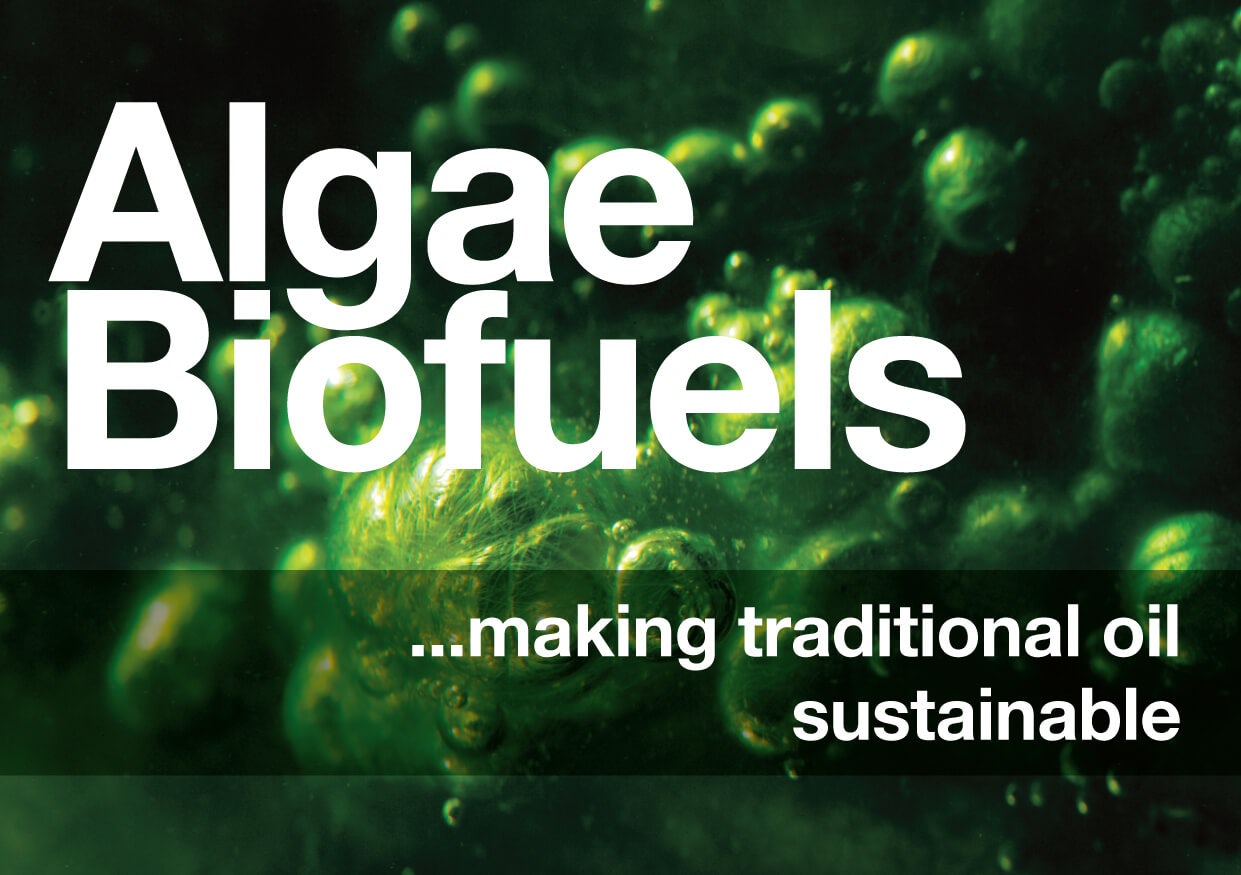Algae Biofuels Making Traditional Oil Sustainable
Finding a sustainable greener energy solution is often linked to the 21st century, with methods like wind and solar energy, or perhaps even geothermal or hydropower.
But while these can be hard to come by and still have some bridges to cross, there is “the middle road,” which combines relative environment friendliness with traditional oil technology.
With new production methods constantly emerging even for set-in-stone oil production, the future for the traditional process is not as grey as possibly predicted. The particular answer being developed right now is algae-based biofuel – and not as an end product, but to make oil as green as it can possibly be. Algae biofuels are an energy-rich oils that are produced from naturally occurring seaweeds, which makes it more fitting into the circular economy model and doesn’t produce excessive amounts of carbon dioxide.
Major oil and gas companies are looking into algae biofuels to use as a transport fuel. It doesn’t only come as a nature friendly oil, but is also a cost saving method. A company that is a front runner in this field is ExxonMobil. Previously in 2013, they abandoned their $600 million project of developing and researching of algae biofuels but now, four years later, they have relaunched their campaign. In their own words, they are “engaged in a broad range of research on advanced biofuels, partnering with universities and other companies to explore new technologies and seek the best pathways toward scalable and cost-effective production of advanced biofuels”, clearly, the company sees the potential of algae biofuels after all.
The algae biofuel based operation model is not widely reported on but we feel it will attract positive attention sooner than later. It is a step towards conventional oil and gas companies adapting to present demands of consumers and the planet. The partnership of a number of organisations is the key to the impending success that algae biofuels will no doubt be met with and Dashboard thinks there is more to it than meets the eye.
